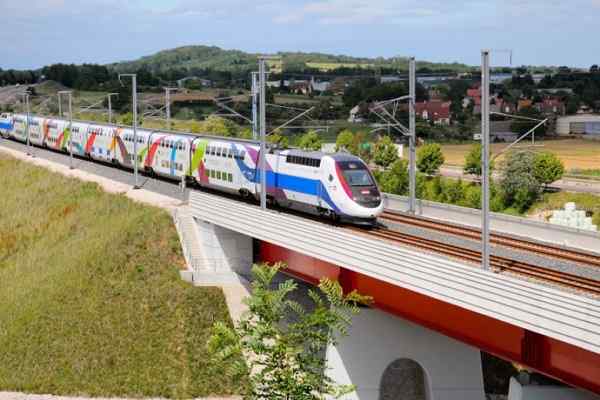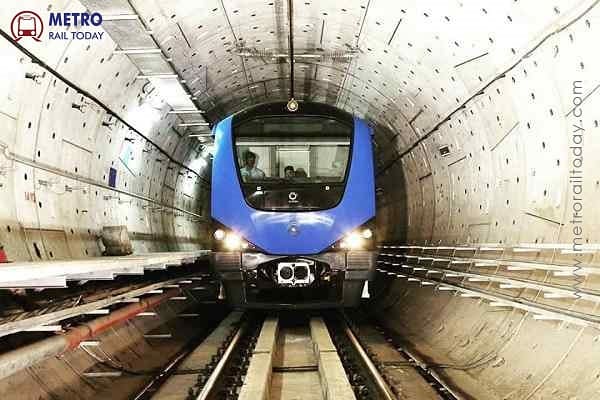 CMRL achieves second Tunnel Breakthrough at Thirumayilai for Chennai Metro Phase 2 Corridor 4
CMRL achieves second Tunnel Breakthrough at Thirumayilai for Chennai Metro Phase 2 Corridor 4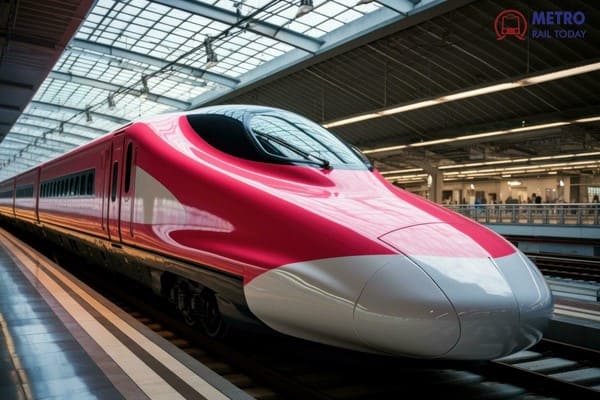 NHSRCL invites Single Tender from BEML for Bullet Train Rolling Stock Package
NHSRCL invites Single Tender from BEML for Bullet Train Rolling Stock Package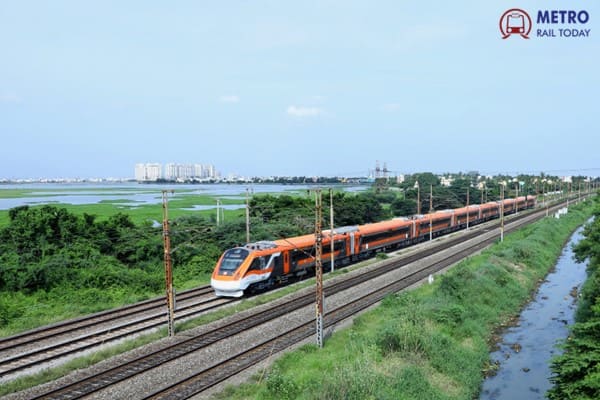 Railway Minister reviews progress of Ahmedabad–Dholera Semi High-Speed Rail Project
Railway Minister reviews progress of Ahmedabad–Dholera Semi High-Speed Rail Project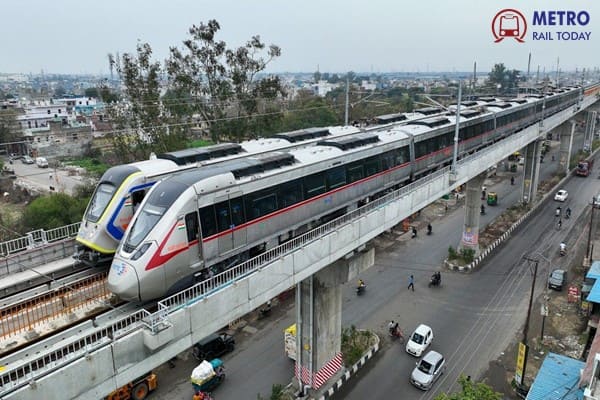 National Planning Group reviews key Rail & Metro projects under PM GatiShakti
National Planning Group reviews key Rail & Metro projects under PM GatiShakti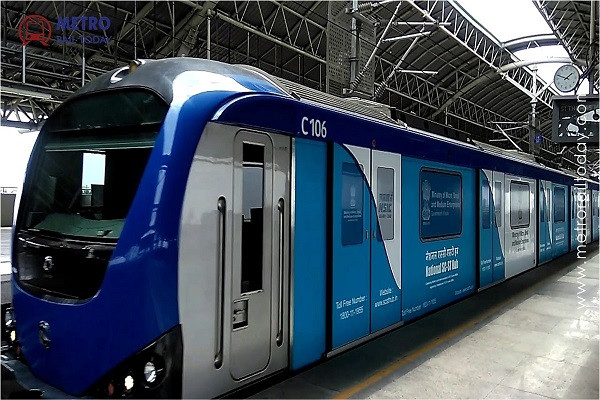 CMRS approves Driverless Metro Operations on first stretch of Chennai Metro Phase 2 Corridor 4
CMRS approves Driverless Metro Operations on first stretch of Chennai Metro Phase 2 Corridor 4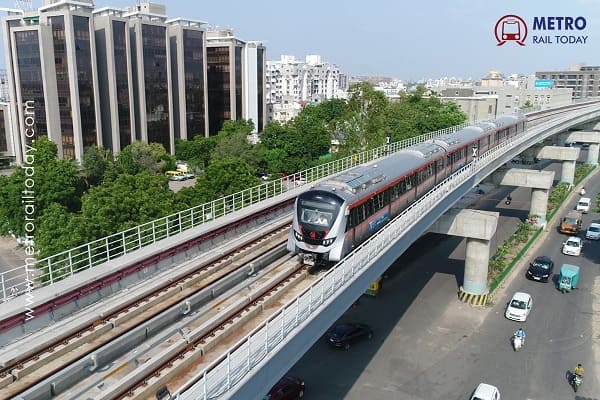 J Kumar Infraprojects completes Final Tunnel Breakthrough for Surat Metro Phase 1 Project
J Kumar Infraprojects completes Final Tunnel Breakthrough for Surat Metro Phase 1 Project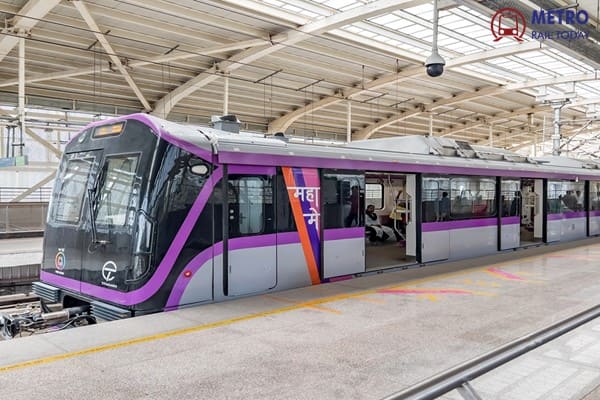 Apurvakriti Infrastructure awarded Ballastless Track Contract for Pune Metro Reach-1 Extension
Apurvakriti Infrastructure awarded Ballastless Track Contract for Pune Metro Reach-1 Extension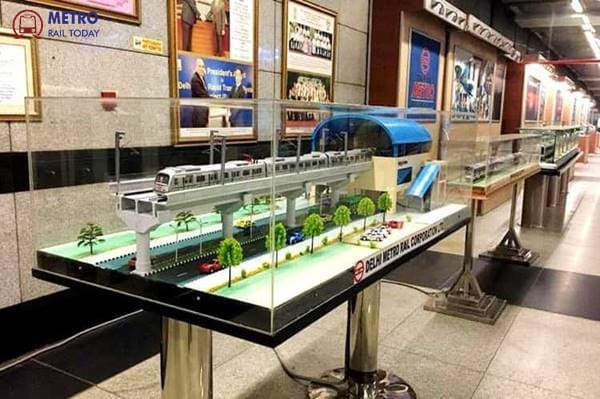 SAM India Builtwell bags first ₹222.76 Crore Civil Contract for Delhi Metro Phase V
SAM India Builtwell bags first ₹222.76 Crore Civil Contract for Delhi Metro Phase V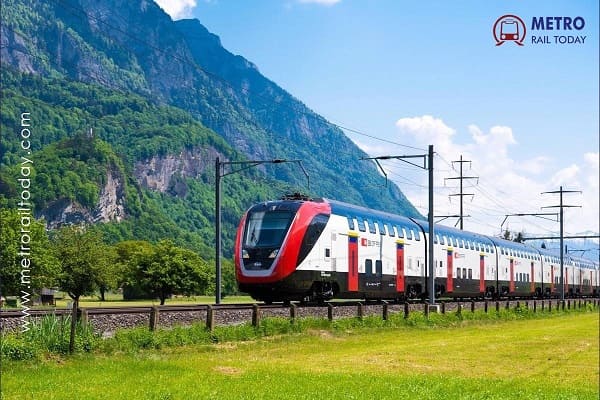 HRIDC conducts Investors Pre-Bid Meeting for Haryana Orbital Rail Corridor
HRIDC conducts Investors Pre-Bid Meeting for Haryana Orbital Rail Corridor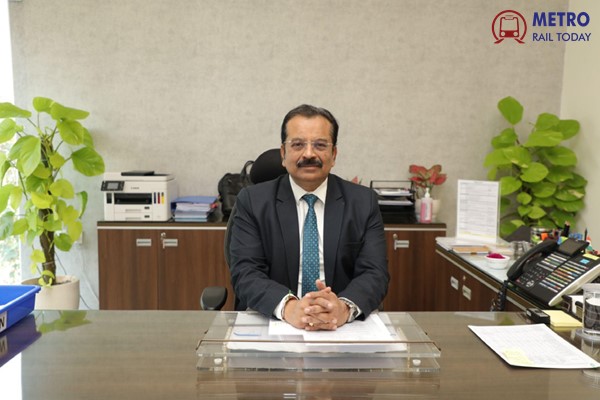 NCRTC Chief Shalabh Goel appointed as General Manager of Central Railway
NCRTC Chief Shalabh Goel appointed as General Manager of Central Railway
BEML and TuTr Hyperloop join hands to develop India’s First Indigenous Hyperloop System
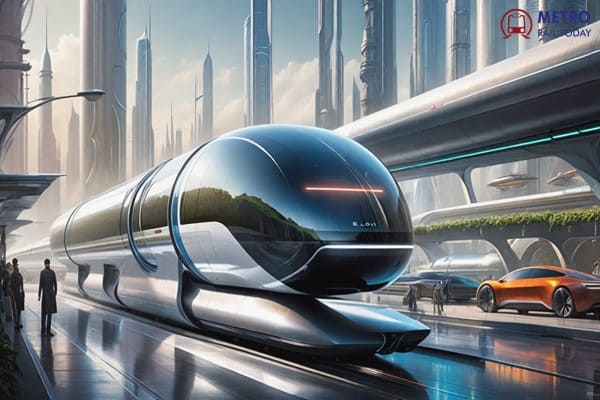
Bengaluru, India (Metro Rail Today): In a bold leap toward futuristic transportation, BEML Ltd., a public sector engineering giant, has partnered with TuTr Hyperloop, an IIT Madras-incubated deep-tech startup, to co-develop India’s first indigenous hyperloop system. This landmark collaboration marks a major step in the country’s ambition to revolutionize high-speed transport using cutting-edge, sustainable technology.
The strategic alliance will combine BEML’s engineering and manufacturing expertise with TuTr’s advanced research capabilities in magnetic propulsion and vacuum tube-based systems. The two organizations signed a Memorandum of Understanding (MoU) to jointly develop, produce, and commercialize hyperloop pods and related subsystems for the Indian and global markets.
Hyperloop is a next-generation transport solution that uses magnetically levitating capsules inside vacuum tubes, enabling ultra-high-speed travel (over 1,000 km/h) with minimal energy consumption and near-zero emissions. Originally conceptualized by Elon Musk, the technology has gained worldwide traction, with several startups and governments investing in research and pilot projects.
According to the companies, the indigenous hyperloop pod system will be designed with Make in India principles, leveraging domestic manufacturing supply chains and advanced simulation tools. The plan includes developing a full-scale prototype, validating performance in a controlled environment, and scaling it for regional transit use.
Commenting on this visionary partnership, Mrs. Mamta Shah, MD & CEO of Urban Infra Group, said, “The collaboration between BEML and TuTr Hyperloop signifies India’s growing leadership in deep-tech innovation and self-reliant mobility solutions. A successful indigenous hyperloop system can redefine intercity travel, drastically cut carbon footprints, and create a high-tech manufacturing ecosystem aligned with India’s Viksit Bharat 2047 vision.”
TuTr Hyperloop, supported by the Indian government’s National Deep Tech Startup Policy (NDTSP) and the Ministry of Railways, has been working on scalable, cost-effective hyperloop solutions for India’s diverse geography. Their academic-industry partnership with IIT Madras has already yielded test tracks and levitation prototypes, which will now be further developed with BEML’s support.
From a strategic standpoint, the partnership aligns with the Indian government’s broader push toward high-speed rail alternatives, innovation in transport logistics, and next-gen infrastructure development. If successful, it could offer India a domestically built, energy-efficient alternative to high-speed rail systems, particularly for freight and intercity passenger travel.
The MoU also highlights India’s commitment to collaborative R&D, public-private partnerships, and academic incubation in creating globally competitive technologies.
With global hyperloop projects still in various stages of research and regulation, India’s move to build its own indigenous hyperloop system may offer a crucial first-mover advantage, both in deployment and potential export of technology.






